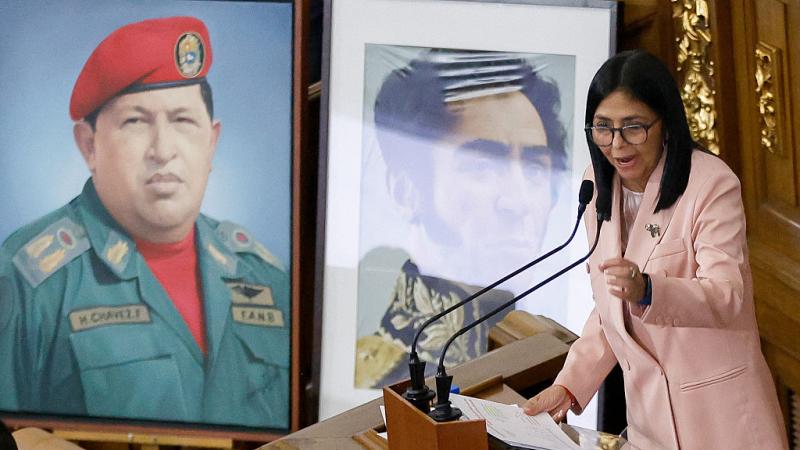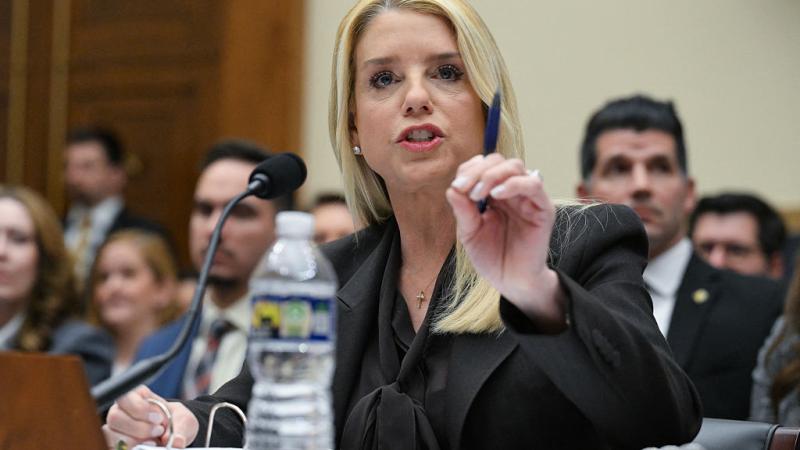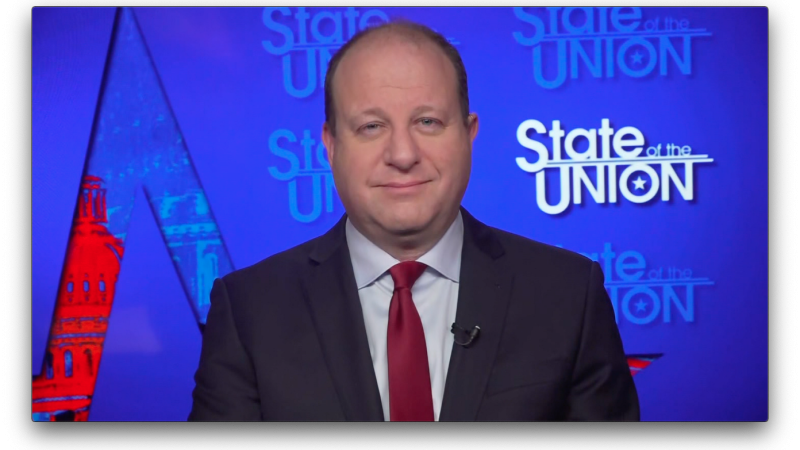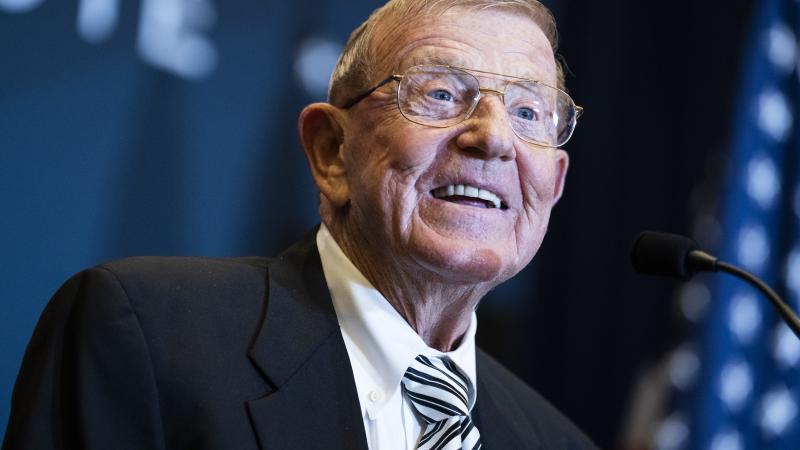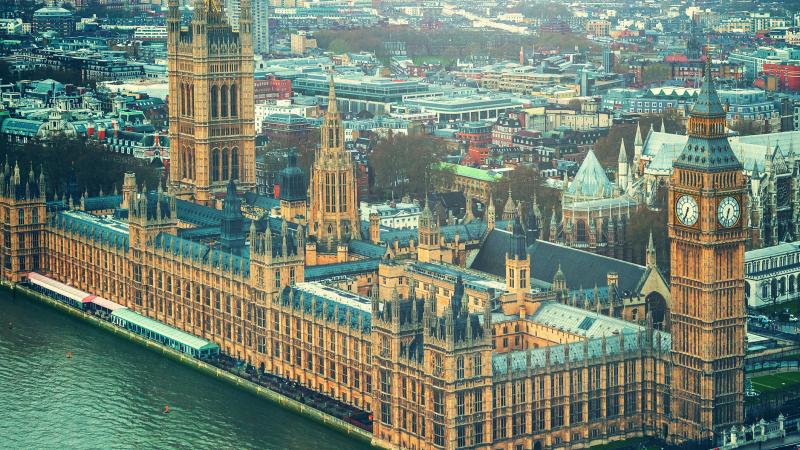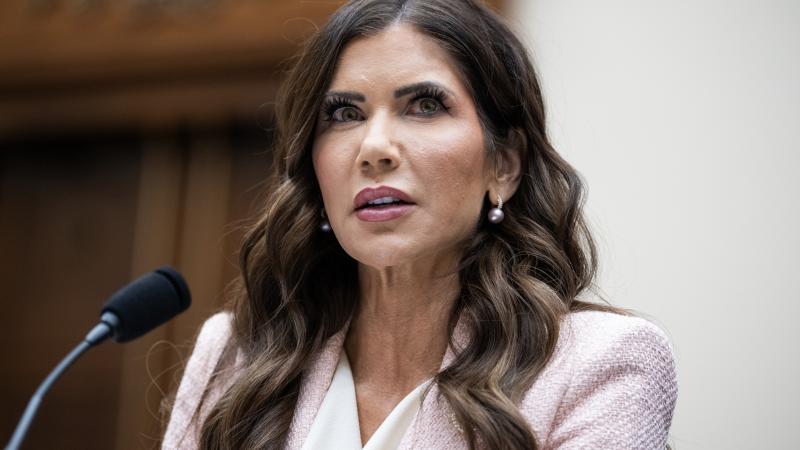UK-India trade pact prompts fears of adding immigration leniency into the mix on tariffs
The issue of work visas and tax exemptions for Indian workers threatens to spill over into the United States as the Trump administration pursues its own trade agreement with India to resolve Trump’s tariffs.
President Donald Trump triumphantly announced the framework of a trade agreement with the United Kingdom on Thursday, though London’s own agreement with India has prompted concerns from MAGA stalwarts that New Delhi may seek sweeping immigration and tax concessions from the U.S. in separate talks.
Prior to the Thursday announcement with the U.S., UK Prime Minister Sir Keir Starmer concluded an agreement with India to streamline the work visa process and to create a three-year tax exemption window for Indian foreign workers to avoid paying into UK-based pension systems. Ostensibly, the concession was tailored to prevent double taxation by both nations, though Starmer has faced considerable backlash from the public, including assertions that he "sold out" British workers.
The issue of work visas and tax exemptions for Indian workers threatens to spill over into the United States as the Trump administration pursues its own trade agreement with India to resolve Trump’s tariffs. New Delhi is reportedly eyeing similar concessions from the United States, though a prior public row between members of Trump’s cabinet over H-1B visa workers brought intense public scrutiny of Indian foreign workers and could reignite should Washington offer India similar perks.
Starmer calls criticism of UK-India deal "incoherent nonsense"
London and New Delhi reached their agreement on Tuesday, dubbing the pact the India–UK Free Trade Agreement (FTA). Among the key provisions were rules to streamline visa approvals and employment laws. Notably, one provision “waives national insurance payments for UK-based companies seconding Indian workers,” according to The Times of India. The three-year exemption attracted scrutiny from immigration critics, though Starmer’s government has insisted it does not alter immigration policy.
The UK specifically has struggled to contend with a considerable influx of immigrants from its former colonies, notably India, of which Pakistan was a part until its separation in 1947. That influx has contributed to a surge in popularity for the populist Reform Party led by longtime immigration critic Nigel Farage. Starmer, however, has insisted the provisions are far from unique.
"Our India trade deal ... is good for British jobs. The criticism on the double taxation is incoherent nonsense," he said, according to Reuters. "It's in the agreements that we've already got with 50 other countries."
No word on U.S.-UK deal affecting work visas
Thus far, no American reports have suggested that the Trump administration is preparing to make comparable concessions to India on taxation or work visas as part of those negotiations, though outside critics have seized on the UK deal as a reason for worry.
“So the UK just signed a ‘NAFTA for white-collars’ trade deal with India's vast college-grad [H1B] outsourcing industry,” conservative immigration critic Neil Munro. “The kindest explanation is that the Brit government is selling white-collar jobs to buy blue-collar jobs: 1 architect job for you: 1 assembly job for us, 1 software job for you: 1 food job for us. BTW, Trump is negotiating a US-India deal …”
Indian news outlets, moreover, have speculated that New Delhi will pursue exactly such concessions from the U.S., including the streamlining of the H1B visa rules. American advocacy groups, such as the not-for-profit Institute for Sound Public Policy, are alarmed about the potentially adverse impacts on American workers of any such deal.
“India wants relaxed H-1B visa rules to boost its IT outsourcing grip in the U.S. and offshore more U.S. jobs to India,” wrote a tech-worker-centered account from the Institute. “At the same time, it’s demanding social security exemptions—making H-1B workers even cheaper than hiring Americans.”
The debate over H-1B visas
After Trump won the November election, former GOP presidential candidate Vivek Ramaswamy, then expected to be co-chief of the Department of Government Efficiency (DOGE), addressed the matter of H-1B visas, asserting that the importation of foreign labor, primarily from South Asia, was needed to address a talent shortage due to what he called as the American celebration of "mediocrity."
His comments generated a firestorm of criticism and prompted sharp divides between members of the incoming administration. Vice President JD Vance and now-deputy chief of staff Stephen Miller stood firmly against the H-1B program, while DOGE chief Elon Musk and Trump himself were supportive of the program. Ramaswamy, later stepped away from his planned role at DOGE to seek the governorship of Ohio in the aftermath.
Trump, in 2016, admitted he had made use of the H1B program, but said “we shouldn’t be allowed to use” it because it was “very unfair for our workers and we should end it.” He made an about-face on the issue in late 2024, saying “I’ve always liked the visas. I have always been in favor of the visas. That’s why we have them."
“I have many H-1B visas on my properties. I’ve been a believer in H-1B. I have used it many times. It’s a great program,” he added at the time.
